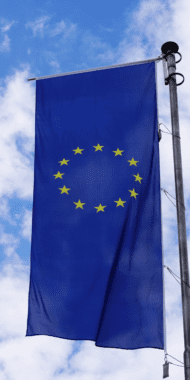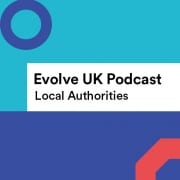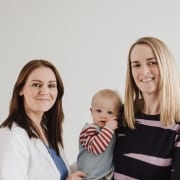Export Compass: the first step to export success
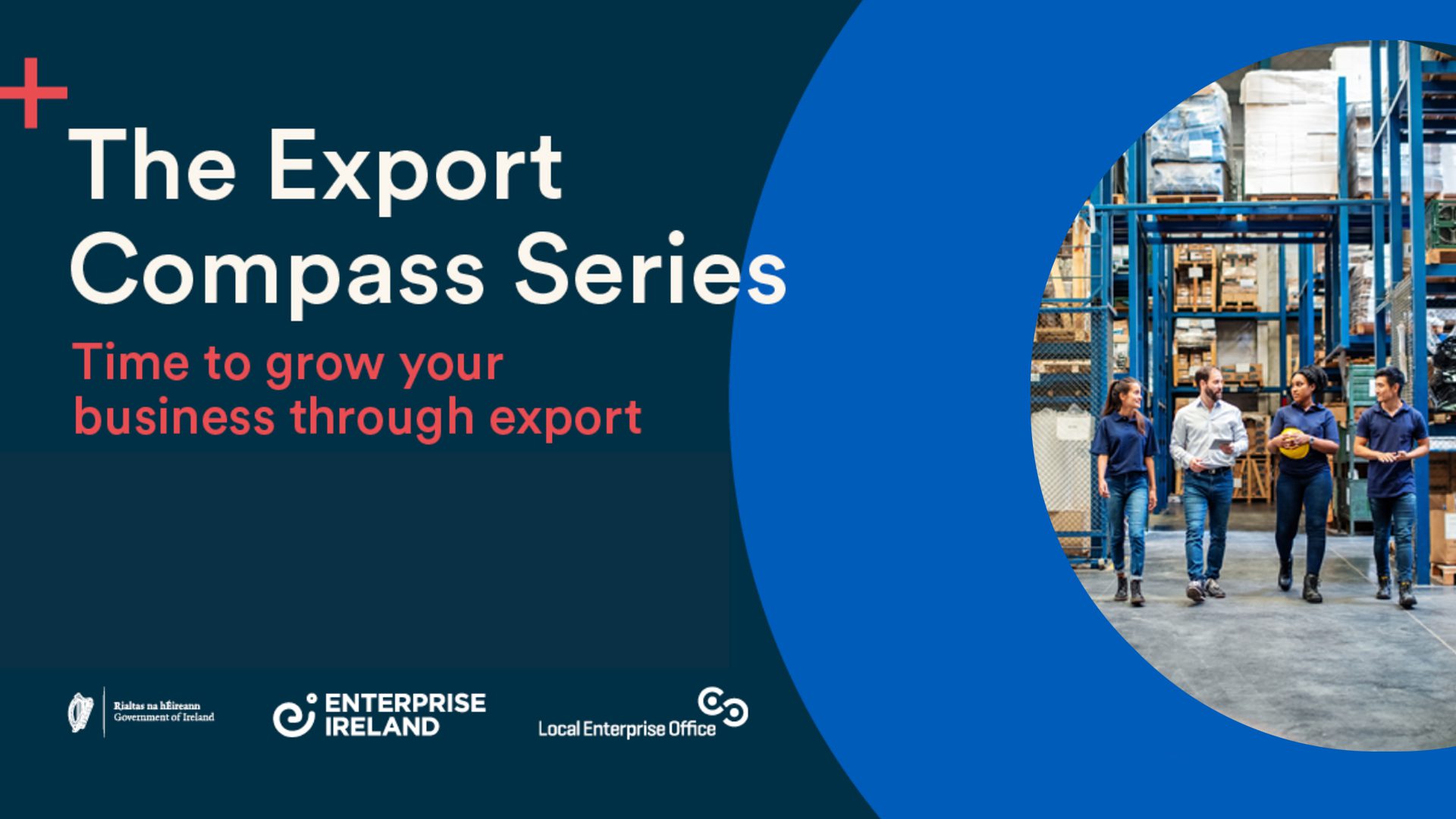
The export economy is widely seen as vital to the success of the Irish economy – and even more so now we are looking into a period of recovery after the twin challenges of Brexit and Covid-19. There’s no better time to look at the possibilities afforded by exporting, and the opportunities that are available for ambitious Irish companies.
Plus, there are more markets that ever before that are actively welcoming innovative and ambitious Irish export partners. The UK market continues to be an important market, while our ongoing commitment to the EU has made trading within the Eurozone easy and accessible. What’s more, Brexit has created more opportunities for Irish companies to increase business within the Eurozone.
But while it’s clear that now is the time to develop an export strategy, getting started is the most difficult step – and that’s where Enterprise Ireland’s Export Compass series of webinars can help.
“Exports are critical to the Irish economy,” says Keelin Fagan, Head of Exporter Development at Enterprise Ireland.
“As micro, small and medium-sized businesses are the backbone of the Irish economy, it’s a key focus for us and other agencies such as the Local Enterprise Offices (LEOs) to support these types of businesses when thinking about exporting and during their export journey. The Export Compass webinars are a first step for any company even considering exporting.”
“The last 18 months have been extremely challenging for SMEs and micro businesses. The pandemic has resulted in the digital economy completely opening up, and there’s been a dramatic shift in how people buy goods. But this has also created opportunities for businesses that weren’t there before, whether in terms of mindset or in in terms of the market itself. In short, Export Compass is a chance for companies to really explore the possibility of developing an export strategy, and what are the right next steps for them.”
The series of five webinars cover every aspect of developing an export plan, including research into different markets and opportunities, culture and doing business in other countries, sales and marketing techniques to win export customers in a digital world and financing your export plan through funding and pricing. The final session aims to bring all the information together, with a chance for participants to interact with a panel of experts.
Essential first steps
Export Compass is open to any company considering exporting, or perhaps in the very early stages of developing an export plan, as Keelin explains: “The Export Compass webinars aim to show companies the benefits of exporting, as well as where companies can get support in overcoming any potential barriers or challenges, for instance, language or business culture. The purpose of the series is to explain the key facts when it comes to exporting and how to get into the mindset of developing an export plan.
“Participants will hear from other companies that have started their export journey, or perhaps are even a little further along.”
“We touch on areas such as market research, the ideal customer from an international point of view, cultural differences in each of the market, and tips and tools to win customers in a competitive digital world. These are the fundamentals of what you need to think about if you want to move forward in developing an export plan.” says Keelin.
Introduction to supports
The series features interviews with companies who have successfully exported to a variety of different countries, giving participants a valuable opportunity to learn from other Irish businesses and network with those in similar situations – something that has been hugely missed over the last 18 months.
A pivotal part of the series is the introduction to the many available supports for Irish companies considering an export strategy. Enterprise Ireland has over 40 international locations, which facilitate access to more than 60 countries worldwide; each of the international offices are there to help Irish companies overcome any obstacles to trading in each country, from facilitating introductions and meetings with potential export partners to researching a chosen sector or overcoming language barriers. The Export Compass series features insights from many of the personnel available to help Irish companies implement an export strategy in their chosen country.
“We also bring in some of the Enterprise Ireland staff from the offices around the world so participants can hear first-hand how they can support client companies as they begin their export journey,” says Keelin. “We want participants to leave the series of webinars with a clear idea of what support is available to help them during their export journey and what next steps they need to take in order to develop their plan.”
The webinar series is free to all micro & SME companies who are looking to take the first steps on the export journey. Watch the on-demand series here.


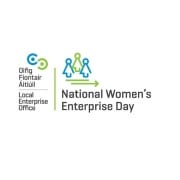
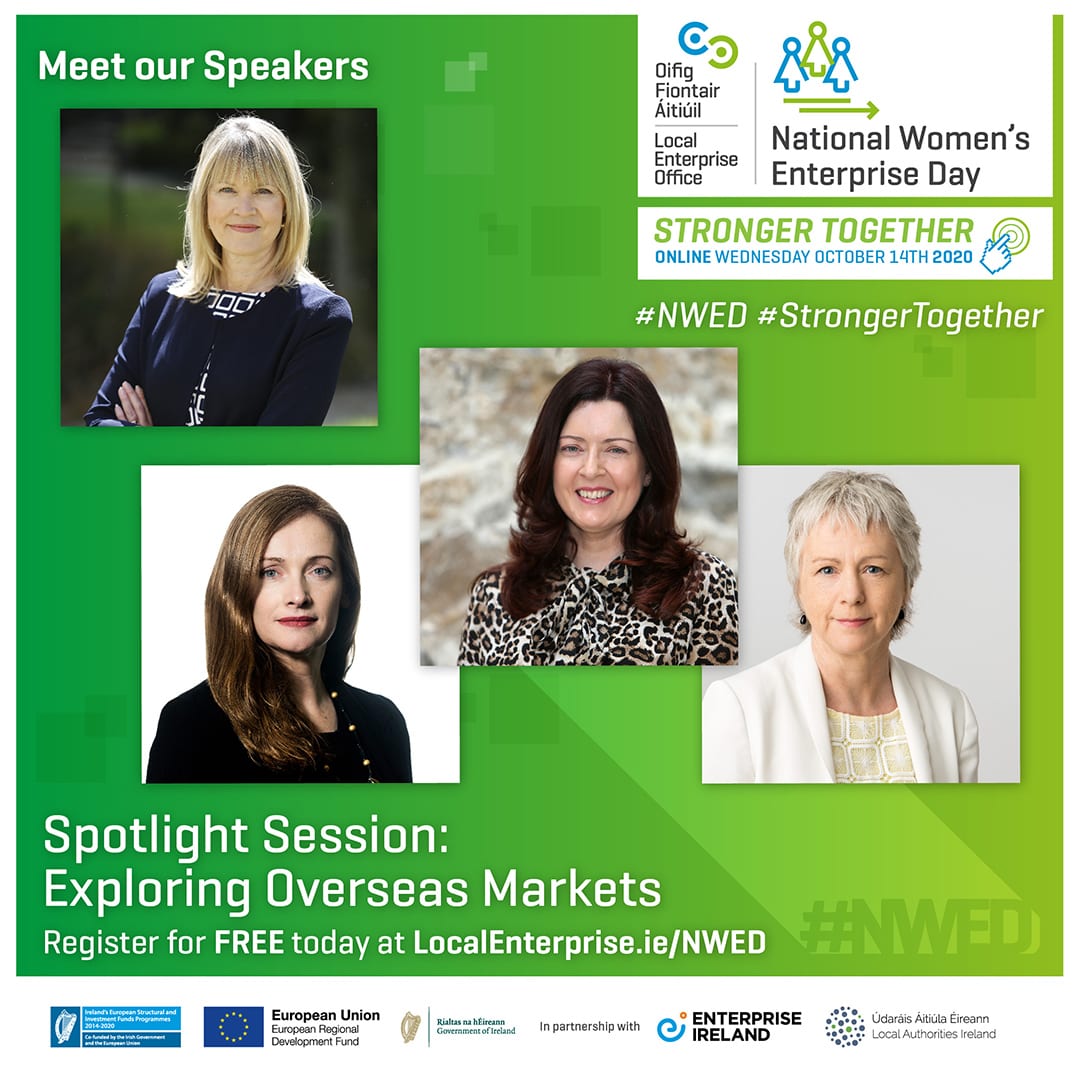

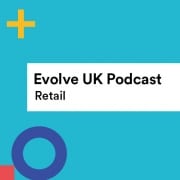

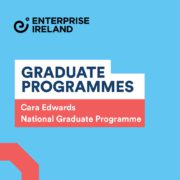
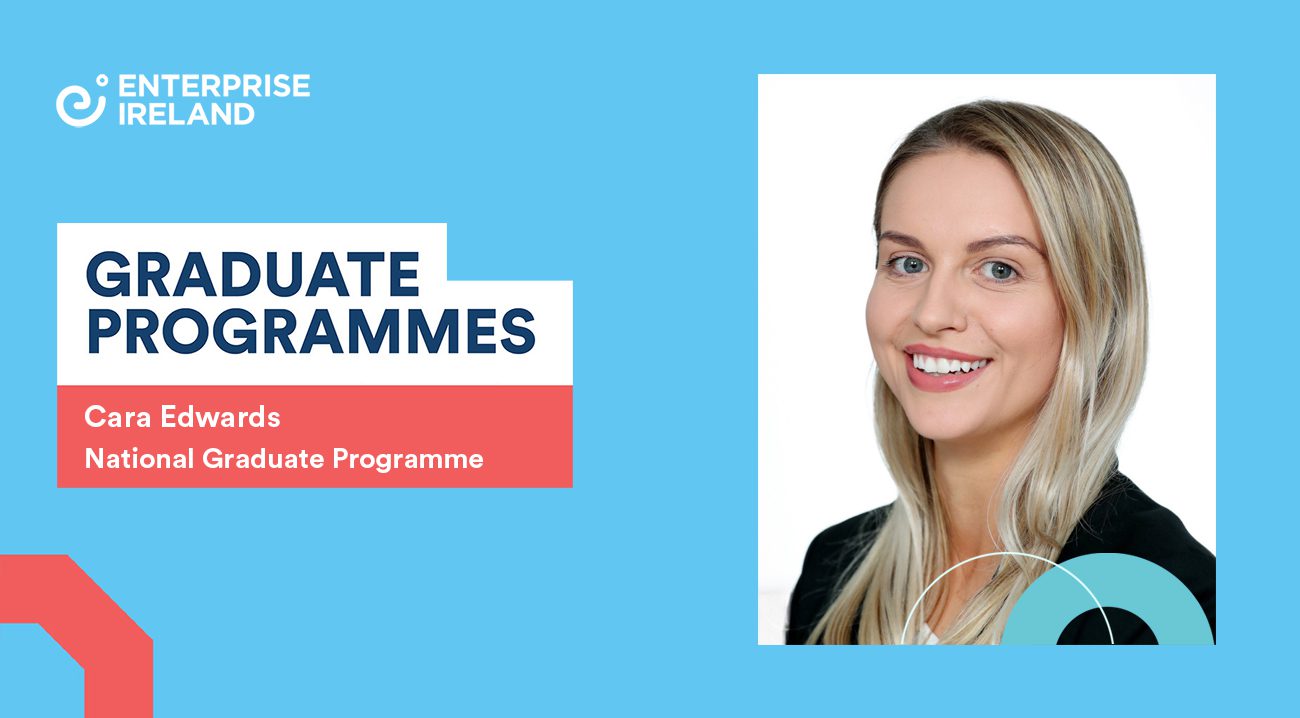
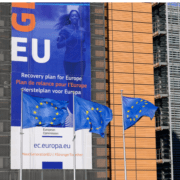
 “This is a push for a radical transformation of consumption and production to prepare European economies to withstand future crises in a better way. We’re speaking in Brussels about a paradigm shift. This is basically changing the way we function completely.”
“This is a push for a radical transformation of consumption and production to prepare European economies to withstand future crises in a better way. We’re speaking in Brussels about a paradigm shift. This is basically changing the way we function completely.” “SMEs are not always directly affected by macroeconomics,” says Anne Lanigan, regional director, Eurozone at Enterprise Ireland, “but when that volume of money is going into it, especially to drive the green and digital agenda, it has to have an impact on what is happening at a business level.”
“SMEs are not always directly affected by macroeconomics,” says Anne Lanigan, regional director, Eurozone at Enterprise Ireland, “but when that volume of money is going into it, especially to drive the green and digital agenda, it has to have an impact on what is happening at a business level.”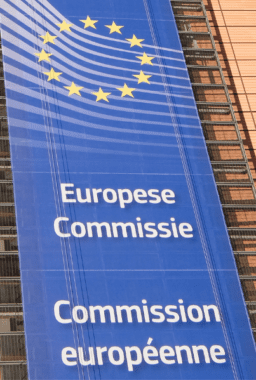 The overall fund is focused on six pillars, with the green transition and digital transformation being top of the list. The
The overall fund is focused on six pillars, with the green transition and digital transformation being top of the list. The 
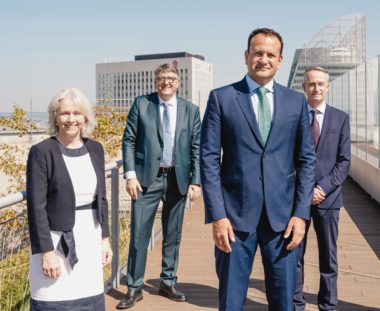 “Since we implemented our Eurozone strategy in 2017, we’ve seen a 33% jump in exports from Ireland to the Eurozone,” she says. “Even in 2020, when some sectors were hit very hard, we still saw a 1.6% growth in exports, which is significant considering economies across Europe shrunk.
“Since we implemented our Eurozone strategy in 2017, we’ve seen a 33% jump in exports from Ireland to the Eurozone,” she says. “Even in 2020, when some sectors were hit very hard, we still saw a 1.6% growth in exports, which is significant considering economies across Europe shrunk.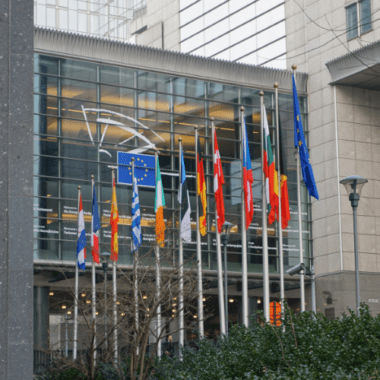 The markets of interest to individual companies will depend on the nature of the products and services they offer. Those selling into the tourism and hospitality sector, for example, will find more extensive opportunities in Southern Europe, where governments are placing more emphasis on this sector.
The markets of interest to individual companies will depend on the nature of the products and services they offer. Those selling into the tourism and hospitality sector, for example, will find more extensive opportunities in Southern Europe, where governments are placing more emphasis on this sector.